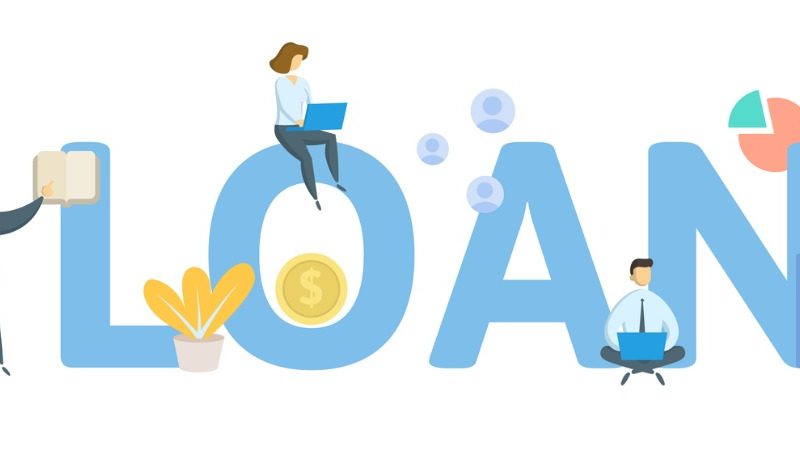If house prices crashed by 40%, what would the country look like?
Imagine, in this uncertain world, that house prices – those house prices that keep rising and rising and rising – finally run out of rocket power. Imagine, even, that they actually drop. Maybe 10%, maybe 20, maybe 40. Would that be economic doom for us all? Are people so deep in mortgage debt that a big fall might bring the whole New Zealand economy down with them?
Hive News publisher and business commentator Bernard Hickey has been following our housing mania closely for a long time now, and he has good news (sort of): he thinks a correction might not be anything like the apocalypse many people imagine it would be.

Bernard Hickey
“I often get pushback from people saying ‘oh the world would end – if house prices fell, look out’. But actually because of the LVR (loan-to-value ratio restrictions) and a bunch of things mostly people could easily handle a 20% to 40% fall. And the banks could, too. But try telling that to Mum and Dad of Remuera and they’ll jump down your throat.”
40%? Is he sure? At 40% a third of house owners would have a mortgage worth more than their house. Is that viable?
Sure, he says. Yes, it would be a lousy position to be in but it doesn’t meant that you’re busted at that point. “Negative equity is not a problem as long as you’ve still got income to service the debt.”
In other words, you’ll be in a hole, but not one you can’t climb out of sooner or later. Remember also, he says, if there was to be some sort of a shock to bring on that fall in house prices, you would expect interest rates to fall too, so your mortgage servicing cost will be lower.
No, we’re not talking about a wonderful scenario here. You’d have a house worth less than you paid for it and you’d be working to pay it off. But you won’t be driven out in a mortgagee sale, so long as you can keep paying your mortgage. Why? Because it’s not in the bank’s interest to do that.
It’s not like America, Bernard says. There, people would just hand in their keys and walk away, he said, and because of that the banks got in first. “Rather than wait for the keys to be sent in, they went in and foreclosed on people.”
But in New Zealand, he says, you can’t just hand in the keys and walk. “The banks know they’ve got you by the short and curlies through the various mortgage agreements. Basically you’re an indentured servant until you pay it off.”
No, this is not a pretty scenario we’re exploring here. We’re peering over the abyss. We’re asking the what-if question. But let’s keep going, because for at least some people there’s good news in this.
It’s in the bank’s interest to keep things going, even if the values fall, Bernard says.
“They don’t want to trigger a downward spiral. And as they’ve shown with the dairy farms, for the last three years where many of those farmers weren’t actually able to pay all their interest costs [because of a low milk price], they didn’t pull the trigger – there’ve been very few mortgagee sales. And now that things have rebounded they’re feeling pretty good about the world.”
He notes that the Reserve Bank actually did a stress test to work out whether they could survive a 50% fall in actual house prices. “And the banks passed. I mean, it wasn’t brilliant, but they passed. They were still well above their minimum capital levels and the world didn’t end at all. But people have got the view that we’re now so indebted and so in hock that the banks are so reliant on mortgages that the moment Auckland house prices fall, the economy collapses. Well, that’s just not true.”
It is true, of course, that if it happened there would be a lot of miserable people. But let’s not forget: one person’s loss can be another’s gain. If you’re a young person trying to buy a home, wondering how you’ll ever find the money, “House Prices Fall 40%” wouldn’t be such a discouraging headline. In fact it might be the best thing you’ve read in a long time. Stay tuned.
Credit Simple
Credit Simple gives all Kiwis free access to their credit score, as well as their detailed credit report. See how your credit score compares by age, gender and community and gain valuable insights into what it all means.
All stories by: Credit Simple


